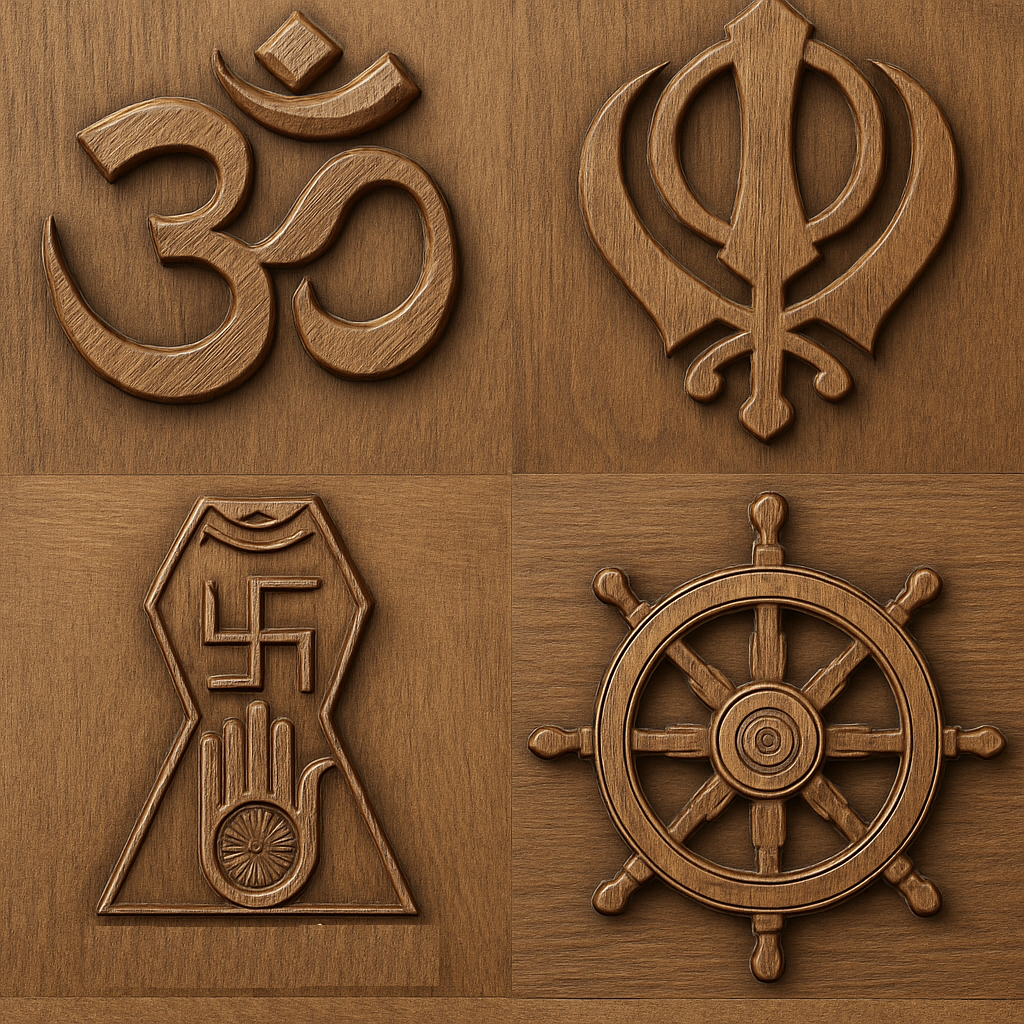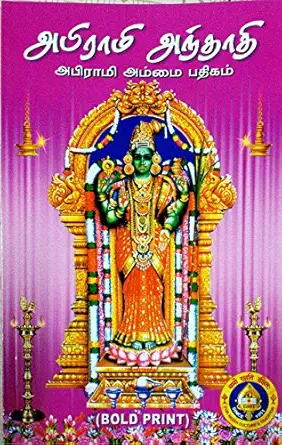
Right To Religion in Bharat:
Before going further in the topic of temples and their jurisprudence, first of all one should know the Right to Religion in Bharat. So let us try to understand Right to Religion under Constitution of Bharat, 1950 in brief.
The right to religion in Bharat is enshrined in the Constitution of Bharat under Article 25 to Article 28 in the chapter on Fundamental Rights. Here’s a breakdown:
Article 25: Guarantees freedom of conscience and free profession, practice, and propagation of religion to all citizens. This right is subject to public order, morality, health, and other provisions related to fundamental rights.
Article 26: Provides every religious denomination or any section thereof the right to establish and maintain institutions for religious and charitable purposes, manage its own affairs in matters of religion, own and acquire movable and immovable property, and administer such property in accordance with law.
Article 27: Prohibits the state from levying a tax, the proceeds of which are specifically appropriated for the payment of expenses for the promotion or maintenance of any particular religion or religious denomination.
Article 28: Deals with freedom as to attendance at religious instruction or religious worship in certain educational institutions. It prohibits religious instruction in any educational institution wholly maintained out of State funds, though it allows for such instruction in institutions established under any endowment or trust requiring such instruction.
However, these rights are not absolute and can be regulated for reasons like social welfare and reform or throwing open Hindu religious institutions of a public character to all classes and sections of Hindus. The term “Hindus” in this context has been broadly interpreted by the courts to include Sikhs, Jains, and Buddhists as well.
Over the years, various court judgments have further clarified and sometimes expanded or restricted these rights. For instance, the Supreme Court has ruled on matters like the right to convert others to one’s religion, the practice of ex-communication, and the right to worship in temples.
Despite constitutional guarantees, there are ongoing debates and issues around freedom of religion, including conversion laws, cow protection laws, and communal harmony. These sometimes lead to tensions or legal battles, highlighting the complex interplay between religious freedom and state regulation. Before going further let us try to discover the nature of Right to Religion.
If you find this article useful then please fill free to share this.
Know more about laws related to temples
Free temples from government control and save our culture





Pingback: Duty to Preserve the Historical and Cultural Monuments – bharatlex-rinkutai.com
Pingback: Secular Fabric of the Nation – bharatlex-rinkutai.com